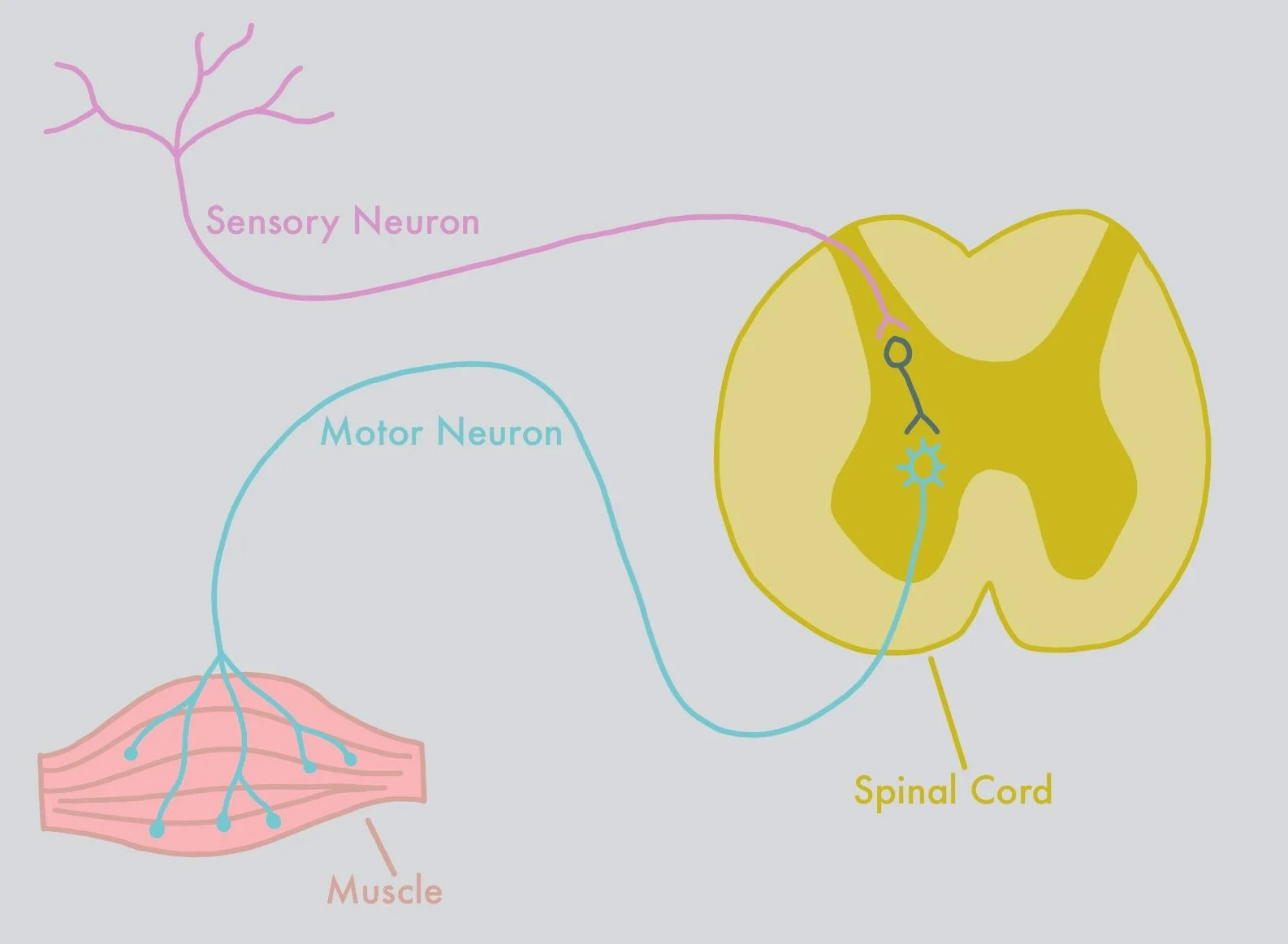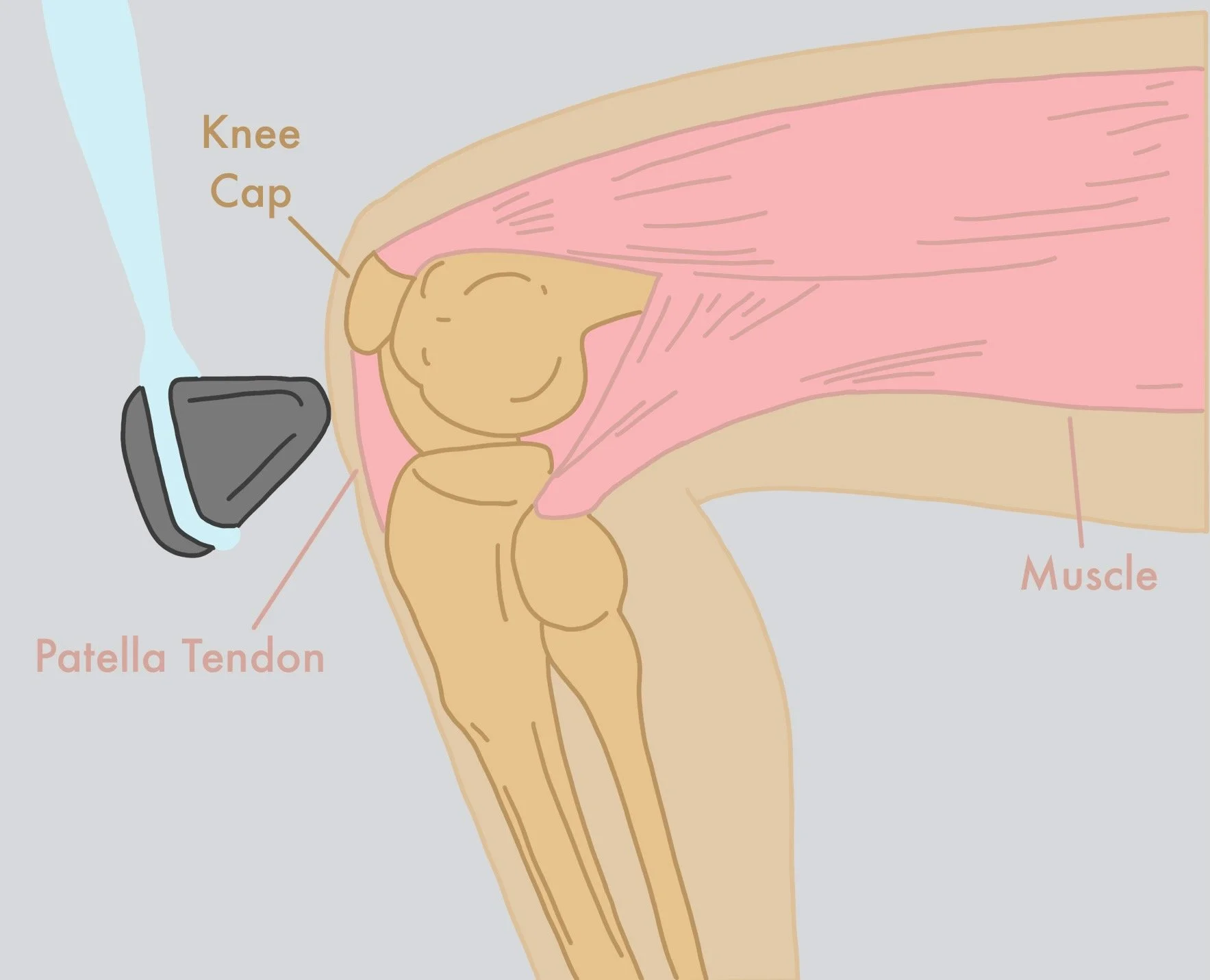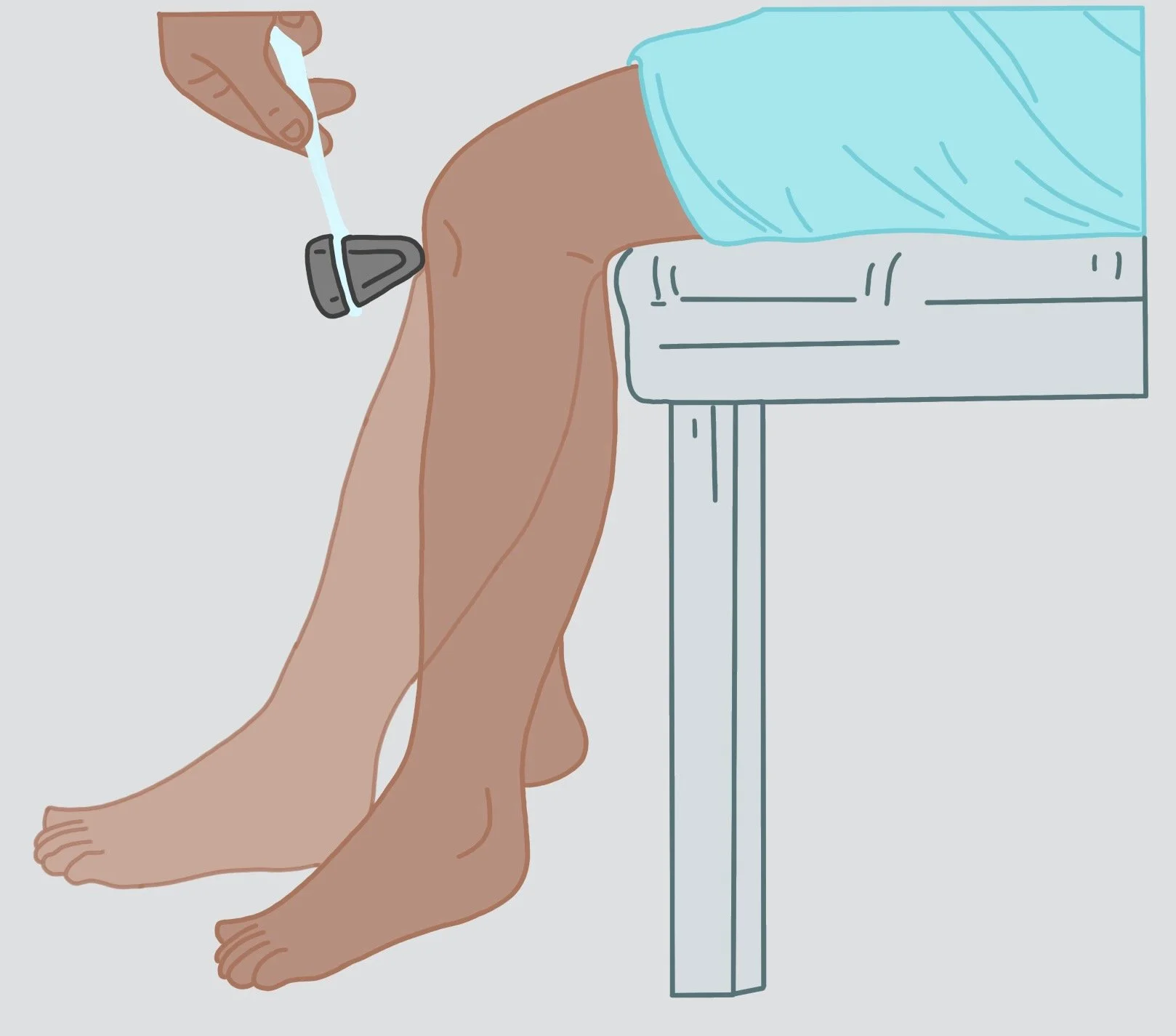Reflexes
Reflexes are autonomic responses in your body, designed to protect you from harm. If your hand touches something hot, it automatically pulls away; this is a reflex. The nerves in your hand send signals to your spinal cord, which quickly sends signals back to your hand.
Reflex Arcs
Reflexes are controlled by reflex arcs, which are a series of neurons that communicate with each other. When a reflex is tested or activated, a sensory neuron delivers the information to the spinal cord. Sensory neurons are responsible for communicating all sensory information (touch, sight, smell, etc.) from the environment to the central nervous system.
Once the information has reached the spinal cord, a motor neuron is activated. Motor neurons are responsible for sending information to our muscles, initiating movement. The motor neurons deliver the information to your muscles, initiating movement of your hand or leg, and triggering the reflex.
Reflex arcs are unique because they do not involve the brain and are instead controlled through the spinal cord. This is why your reflexes are so fast: the information does not have travel all the way up to your brain to get a response. Instead, the information travels a short distance to your spinal cord, allowing for a quick response, which can be vital for protecting your body.
The Patellar Reflex
The most commonly known reflex is your patellar reflex, which the doctor tests by tapping your knee with a reflex hammer. If your reflex is functioning properly, your foot should kick out slightly when your knee is tapped.
The patella is a tendon in your knee, located right under your knee cap (the hard circular bone located at the front of your knee). When the doctor taps your patella, it stretches the tendon and the muscle that it is attached to. This stretching sends a signal to the spinal cord, which responds by contracting the muscle. This contraction causes your foot to kick out.
At the doctor’s office, your reflexes are tested to examine the functioning of your nervous system. If your reflexes are not strong enough, or too strong, this can indicate that there may be something wrong in your nervous system.




